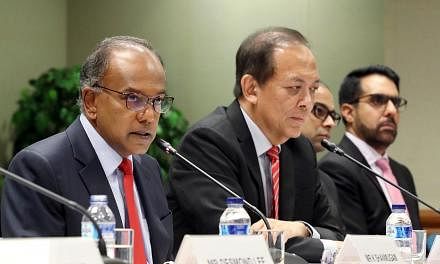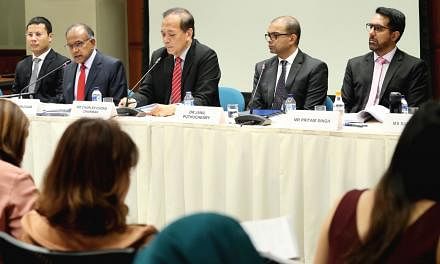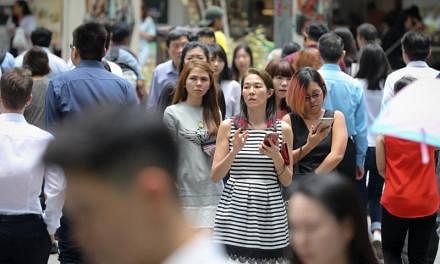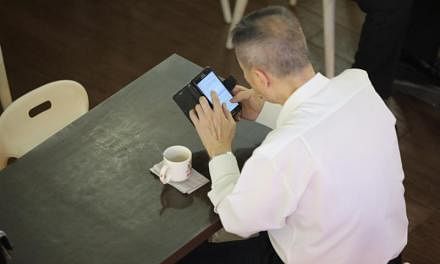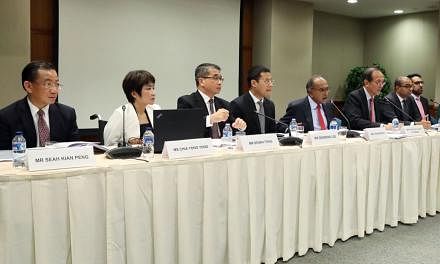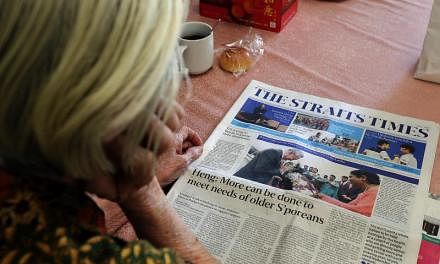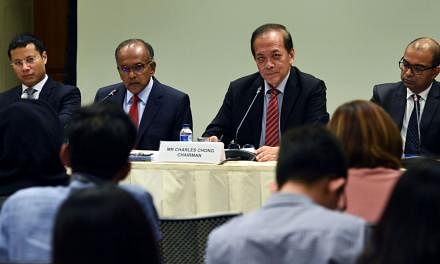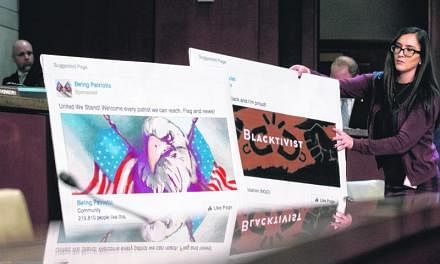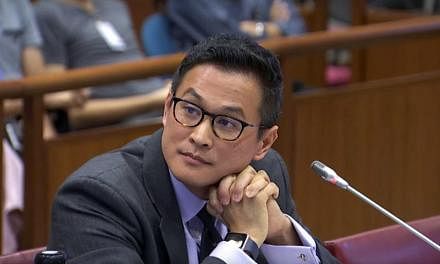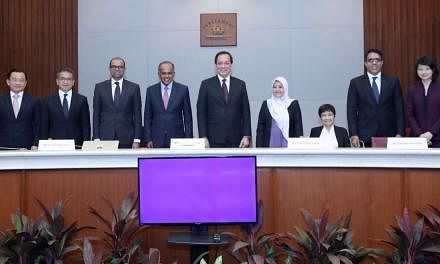SINGAPORE - Mr Prakash Hetamsaria was in India when his friends alerted him to an article on an alternative news website two years ago.
Mr Hetamsaria, who became a Singapore citizen in 1999, was taken aback to see his photo appearing together with the article, "S'pore new citizen feels cheated, now wants his old citizenship back".
While he went on social media to clarify that the article and the photo were not linked, the damage was already done - he and his wife and young daughter found themselves facing xenophobic comments from strangers who did not verify the facts, he recounted.
"I should do my part but at the same time, we should be protected by some kind of legislation," Mr Hetamsaria, chief financial officer of a trading firm, told the Select Committee on deliberate online falsehoods on Wednesday (March 28).
He said he made a police report, but it was only a few months later that he was told the matter could be addressed in civil court if he wished to pursue it.
While posting a rebuttal online helped to stop the spread of the falsehood - his photograph was removed from the All Singapore Stuff website - more should be done, said Mr Hetamsaria, who is also a grassroots leader.
In his written submission, Mr Hetamsaria suggested that sites which are potential troublemakers should be identified.
If these sites are found to have published falsehoods, they should first get a warning. They should be fined if they do it a second time and shut down if it is the third time.
Mr Hetamsaria urged the public to be proactive in verifying news stories they read - many did not do so before making malicious comments about the article with his photograph.
While he suggested an "updated code of conduct for social media sites" to ensure that fabricated stories are not published, he added that there should be differentiation between genuine errors and criticism, and mischief.
Mr Raja Mohan, chief programme officer of a voluntary welfare organisation, also highlighted the need for media literacy, especially for elderly citizens who may pass on false messages unknowingly.
They must recognise that not all online content may be created by real people, he said, adding that bots programmed to shape public opinion by bolstering criticism, for example, could be behind some online postings.
Apart from posts on websites, he said in his written submission that neighbourhood chat groups, on apps such as WhatsApp, could become platforms for fake messages to spread through mother tongue languages or dialects.
Mr Mohan said people should also be more wary of individuals or organisations that aim to profit from click-bait content and drive online traffic to sites that spread disinformation.
This could be used, for instance, to exploit the differences between Chinese residents and a non-Chinese MP, he added.
Mr Mohan, who called for regulations that make it compulsory for people who pay for political advertisements to declare their identities, stressed the need for a "perception of government accountability and transparency".
He said this will encourage people to approach political representatives or grassroots leaders for verification when they encounter potential falsehoods, "without resorting to immediate expressions of anger and unhappiness".
Public hearings to fight online falsehoods: Read the submissions here and watch more videos.


